De-Provincializing Development Series
De-Provincializing Development examines the United Nations’ newly established Sustainable Development Goals (SDGs). As Henrietta Moore noted after the adoption of the goals at the UN summit in New York in 2015, the SDGs differ from their predecessor, the Millennium Development Goals (MDGs), which only applied to so-called developing countries. The SDGs, in contrast, require all nations to work towards them. By underscoring the need to rethink our models of economic growth in an increasingly interconnected world, the SDGs appear to eschew the patronizing relationship between North and South implied by more traditional development frameworks. But will this rhetoric have any consequences?
Our intention in this series is to take seriously the concerns of Moore—and the architects of the SDGs—about the North-South focus on development. Over the course of the next several months, we will be featuring essays from anthropologists and other scholars who rate how the United States fares in relation to the seventeen SDGs. We seek to cast a critical eye on US progress toward these goals, keeping in mind that “development” has largely focused on the failures and insufficiencies of the countries located in the Global South. Further, it is our sense that critically assessing US progress toward these goals is particularly urgent in the current political climate where policies concerning sustainable energy, climate change, health care, public education, reproductive rights, and social inequality are being increasingly marginalized—if not openly targeted and abandoned.


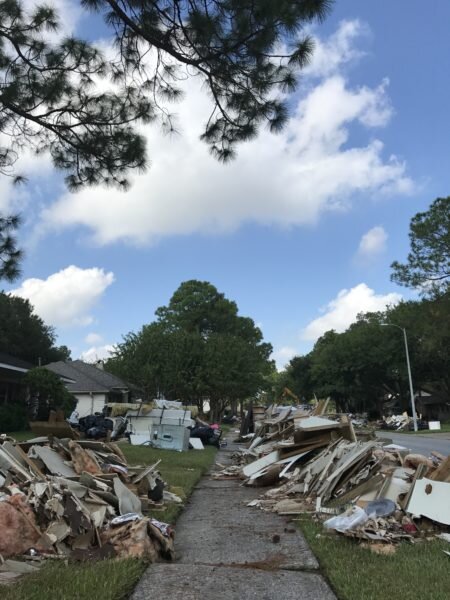
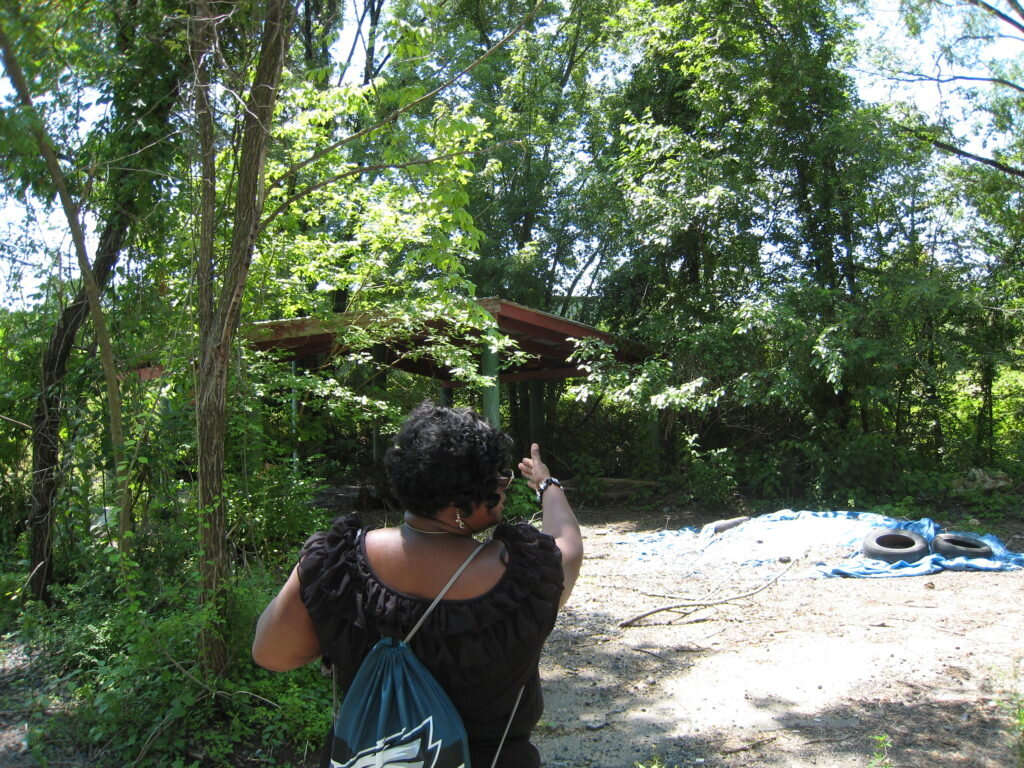

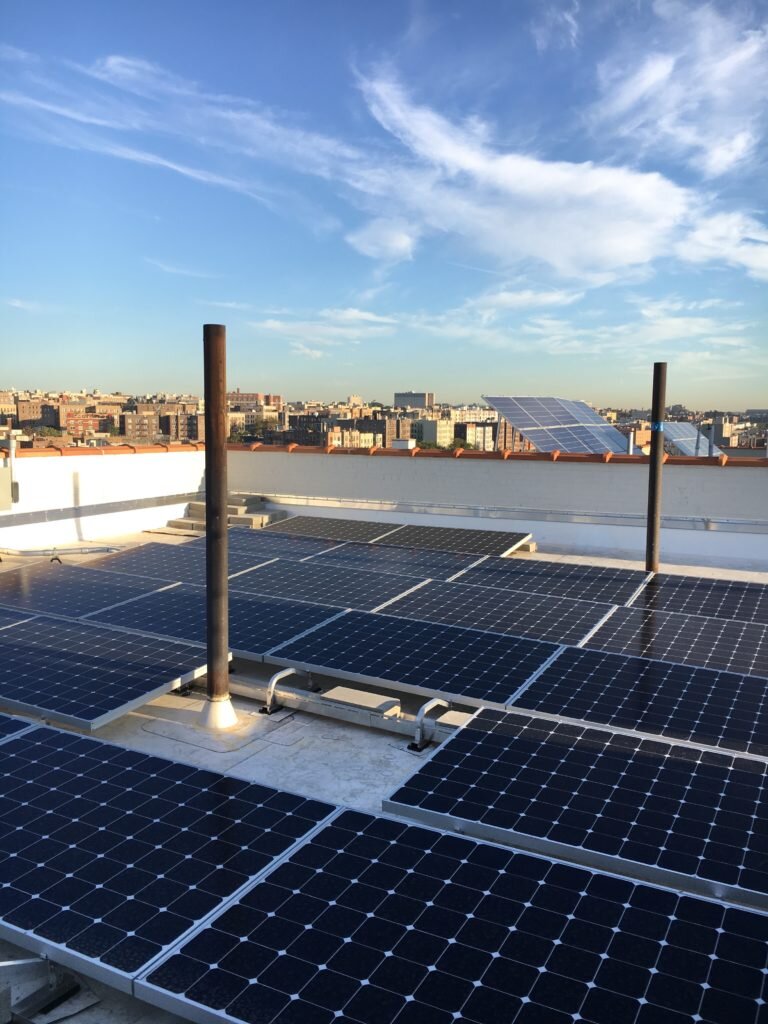

Cover the Earth: Reclaiming Life and Land through the Prism of a Green Aesthetic
SDG #15: Living on Land
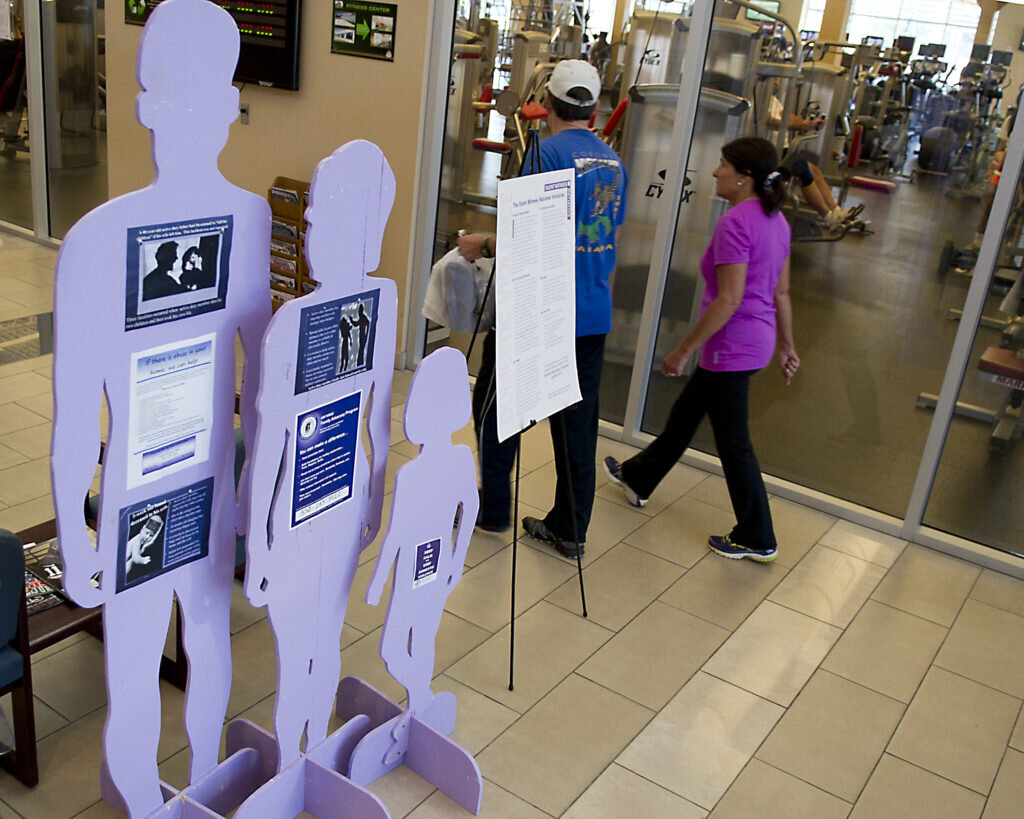
Gender-Based Violence in the US
SDG #5: achieve gender equality and empower all women and girls
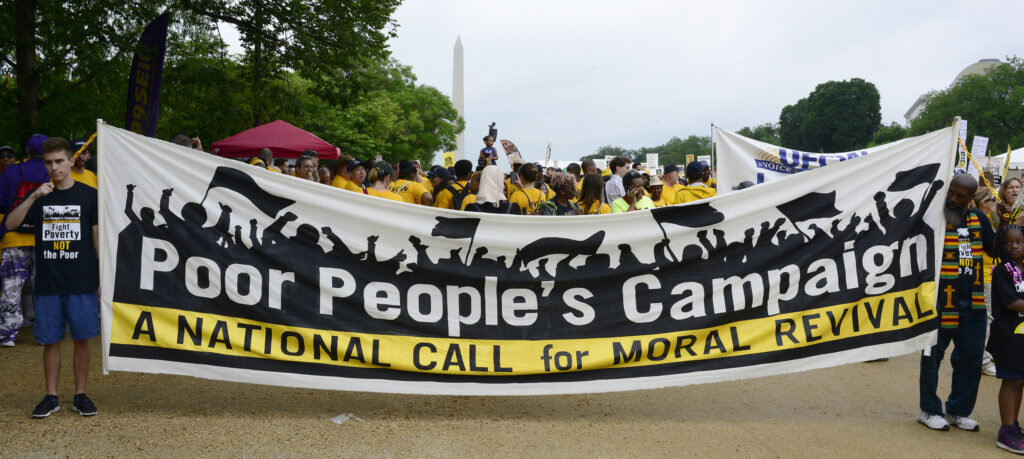

Held Back: The Reluctance to Adopt a Human Rights Approach to Education in the US
SDG #4: inclusive and quality education for all

Infrastructures, Disposed
SDG #9: build resilient infrastructure
Catherine Fennell explores the issues around developing and disposing of public infrastructure—and how people are affected by infrastructural decay.

Eradicating Poverty: Good for Humanity, Bad for the Planet?
SDG #12: Responsible Consumption and Production
Gustav Peebles encourages us to use anthropological knowledge to devise more sustainable forms of consumption and production.

The Problem with Jobs
SDG #8: Decent Work and Economic Growth
Ilana Gershon and Melissa Cefkin ask what, exactly, counts as “decent work” these days, and how work-distribution platforms like Uber and TaskRabbit reflect, shape, and portend the future of employment in the United States.

Protecting Life Below Water
SDG #14: Life Below Water
Zoe Todd describes how humans are always embedded in watery worlds and notes the dangers of crafting sharp distinctions between aquatic worlds and terrestrial ones.
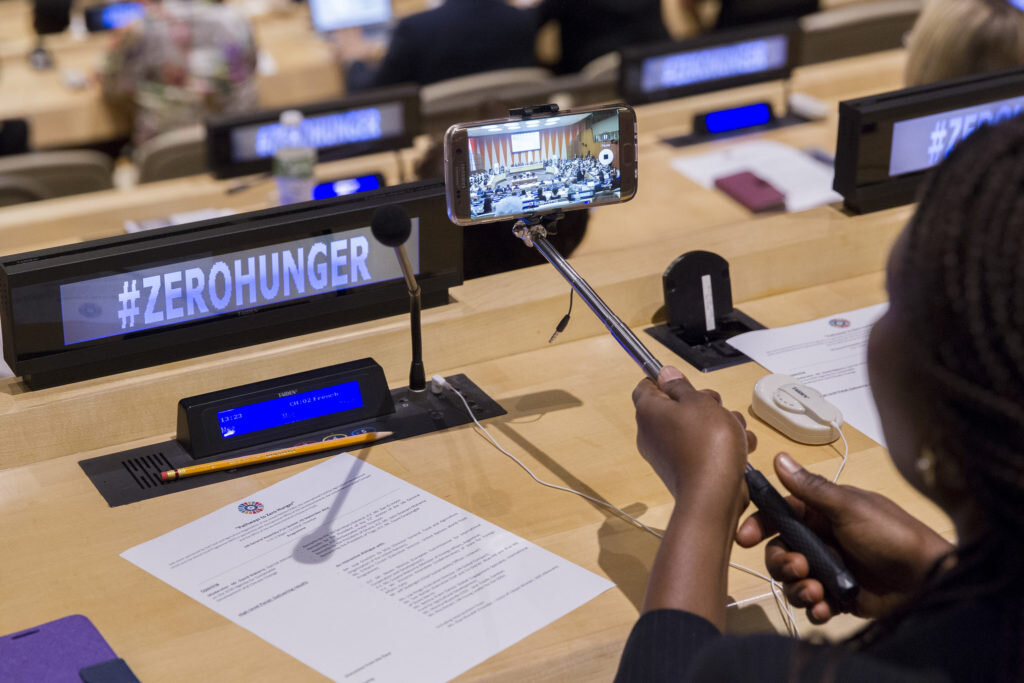
Fixing Hunger at its Roots
SDG #2: Zero Hunger
Garrett Broad describes community-based efforts to combat food insecurity in the United States and the rising stakes of the current administration’s plans to roll back food assistance and nutrition programs.
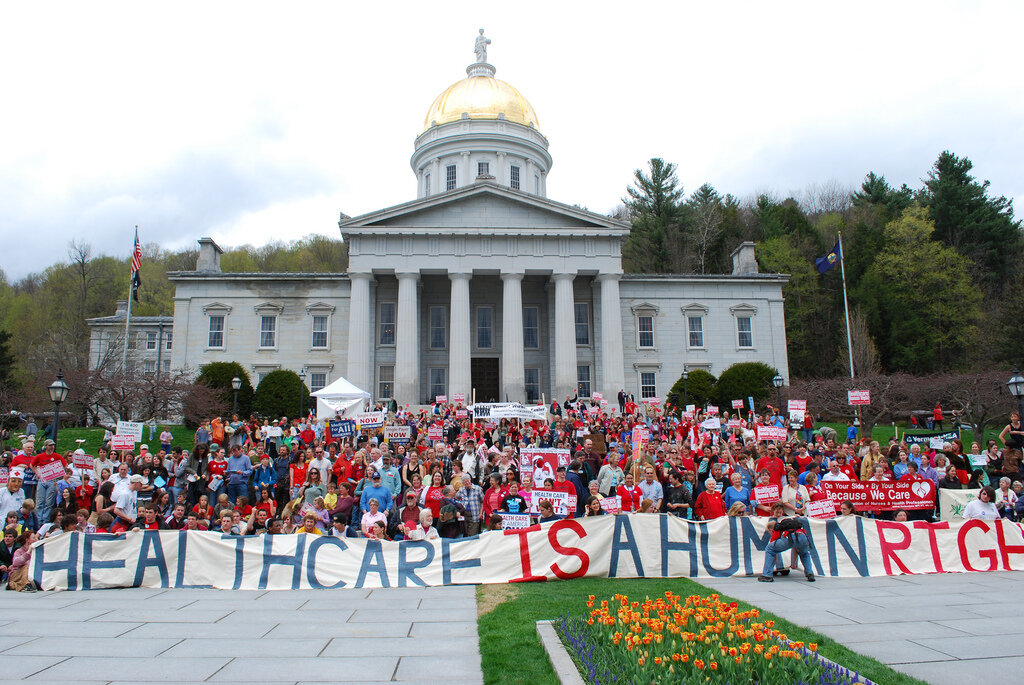
Falling Further Behind on Health
SDG #3: Healthy Lives and Wellbeing
Emily K. Brunson and Jessica Mulligan weigh in on the current debates over health care in the United States, highlighting the failures of the US health system to provide equitable access to health care.